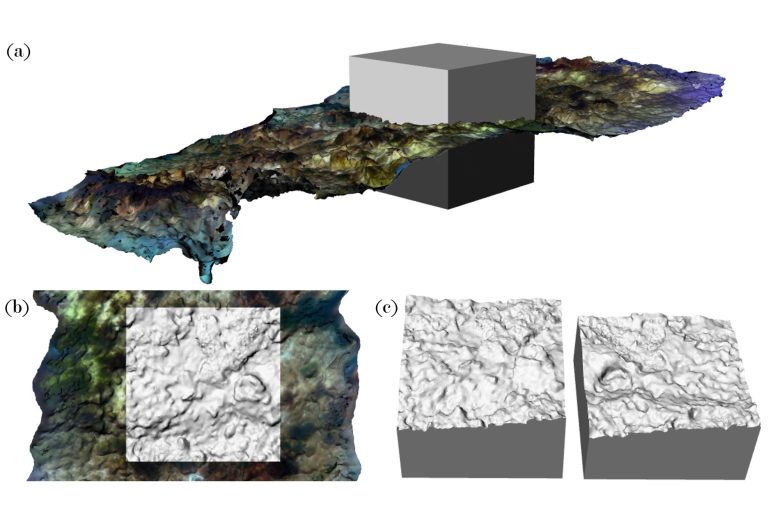
March research news from the Ecological Society of America
Dung beetle energetics, hellbender conservation, 3D representations of rocky reefs and more in the Ecological Society of America’s journals.

Dung beetle energetics, hellbender conservation, 3D representations of rocky reefs and more in the Ecological Society of America’s journals.

The Ecological Society of America is pleased to announce the Katherine S. McCarter Graduate Student Policy Award (GSPA) 2024 cohort. The GSPA provides graduate students with science policy training and the opportunity to meet with congressional policymakers on Capitol Hill.
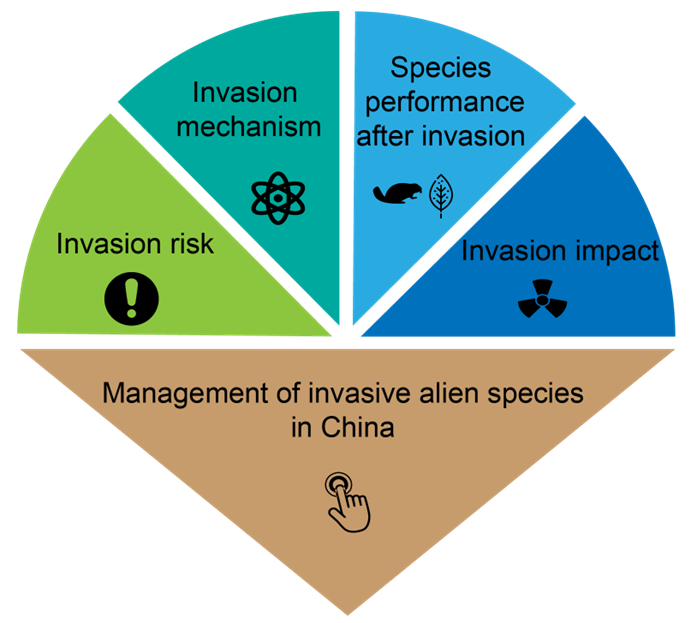
The Ecological Society of America spotlights the challenge posed by invasive alien species in China with the release of a Special Feature, “Management of Biological Invasions in China,” in the latest issue of its journal Ecological Applications.
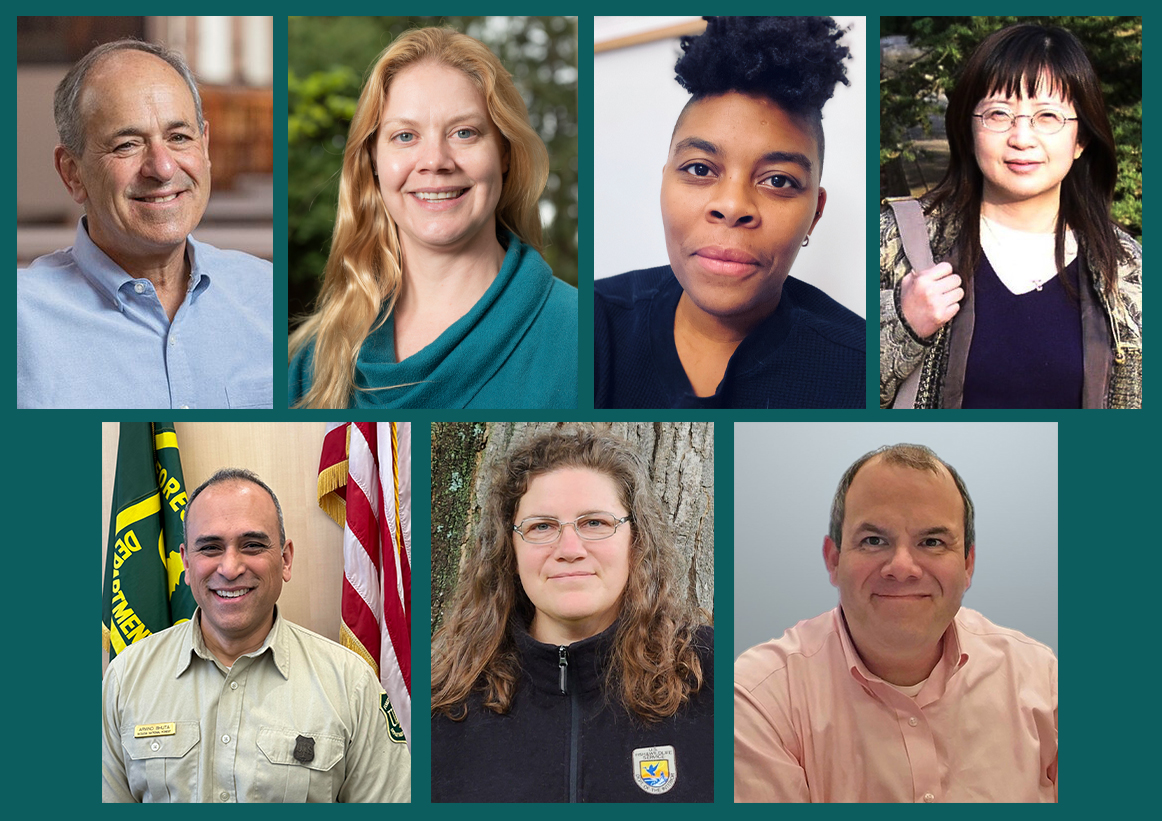
The Ecological Society of America is pleased to announce its recent election results for four Governing Board positions and three positions for its Board of Professional Certification.
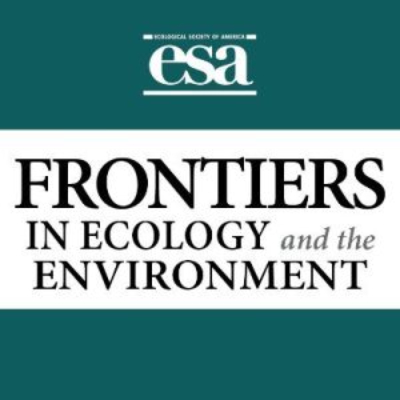
Research news from the Ecological Society of America: Recent findings from Frontiers in Ecology and the Environment

Van Bael will assume editorial leadership and oversight for the journal, which publishes research over a broad range of focal areas – ranging from agroecosystem ecology and disease ecology to eco-education, statistical theory and methodology.

ESA EEE Scholars 2023- Top row left to right: Drs. Sara Bombaci and Aidee Guzman. Bottom row left to right: Drs. Danielle Ignace and Lynette Strickland.

Researchers are increasingly turning to citizen scientists for data collection on bird-window collisions because in the US alone, it is the cause of hundreds of millions bird deaths each year.
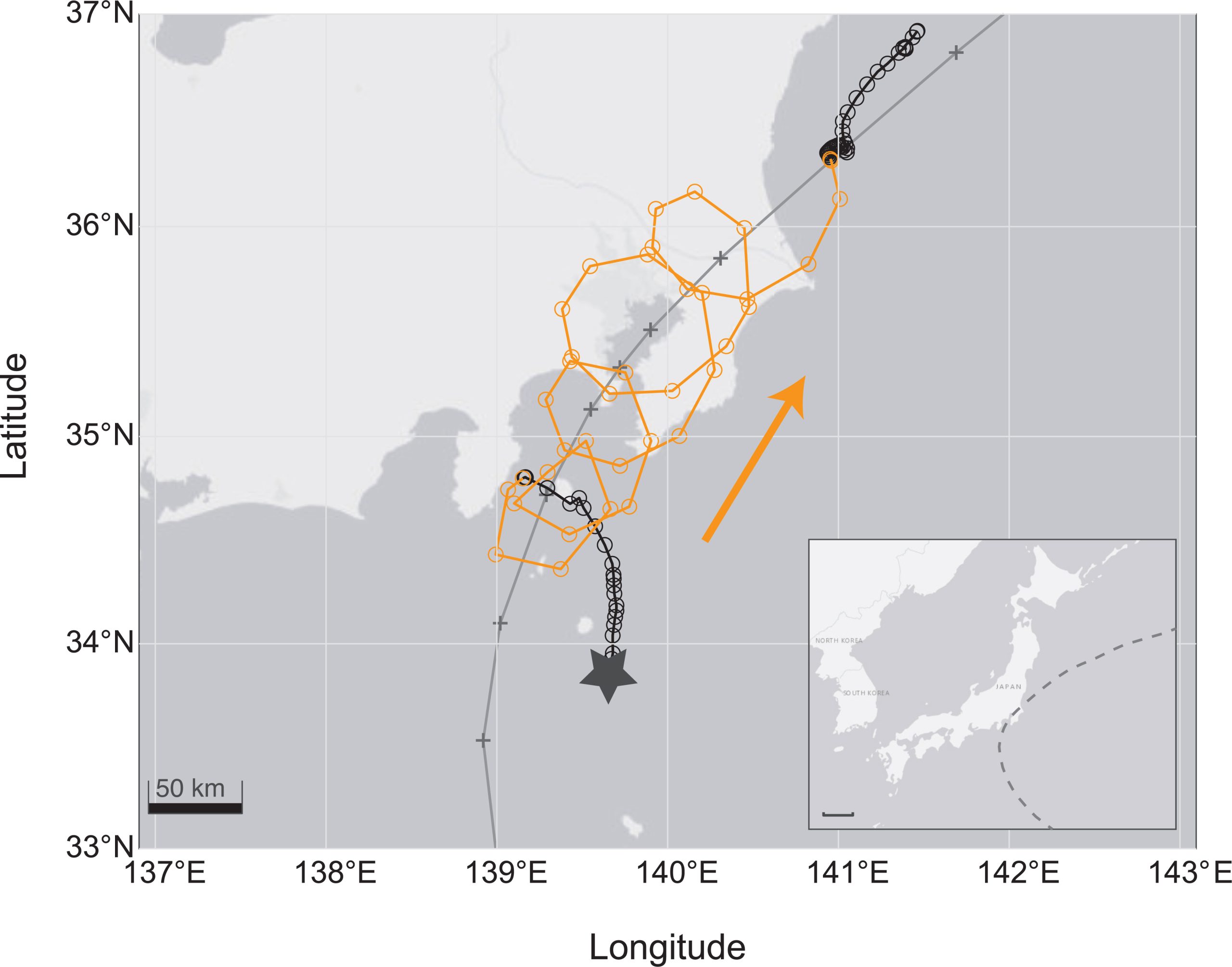
New research from Japan published in the Ecological Society of America’s journal Ecology suggests that increasingly severe weather driven by climate change may push oceangoing seabirds to their limits.

After a competitive search, the Ecological Society of America is pleased to announce the appointment of Scott L. Collins as the new editor-in-chief of its journal Frontiers in Ecology and the Environment. In his new role, Collins will lead Frontiers in publishing ecological and environmental research that is timely, clearly written and relevant to all users of ecological science, including policy makers, resource managers and educators.

Mangroves play a vital role in protecting human habitations from strong storms. But how does that protection affect the mangroves themselves? A team of environmental scientists led by Yu Mo of Trinity College in Dublin harnessed the power of satellites to analyze the damage to mangroves caused by every tropical cyclone around the world since the year 2001. Their results were published in the Ecological Society of America’s journal Frontiers in Ecology and the Environment.
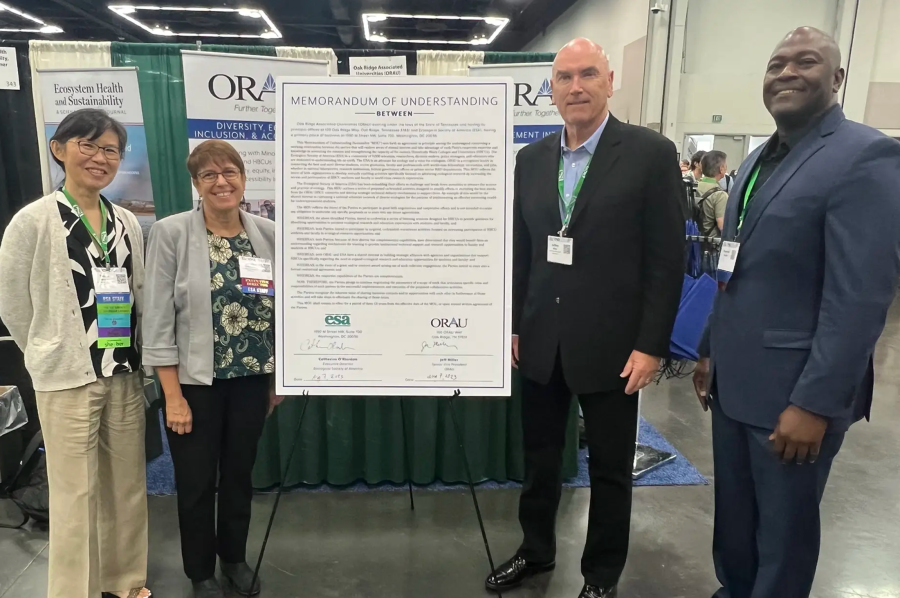
Oak Ridge Associated Universities and the Ecological Society of America officially began a working relationship with the signing of a memorandum of understanding during the ESA’s 108th annual meeting in Portland, Oregon, on Monday, August 7, 2023.

ESA has named Elisabeth Huber-Sannwald as the editor-in-chief of the newest title in its portfolio of journals. The international open-access journal, Earth Stewardship, will be ESA’s first publication focused on integrating the natural and social sciences; the humanities; and technical, local and Indigenous Knowledges.

Leaders in U.S. environmental and science policy will review the emerging details of the first U.S. National Nature Assessment with the ecological community.

ESA will present its 16th annual Regional Policy Award to the Director for the Confederated Tribes of the Umatilla Indian Reservation’s Department of Natural Resources Eric Quaempts on Sunday, Aug 6, 5:00pm EDT, during the ESA Conference Opening Plenary.

Many talks and posters at the Ecological Society of America’s upcoming Annual Meeting in Portland, Oregon, Aug. 6-11, will highlight collaborative and tribal-led research initiatives that bridge diverse knowledge systems.
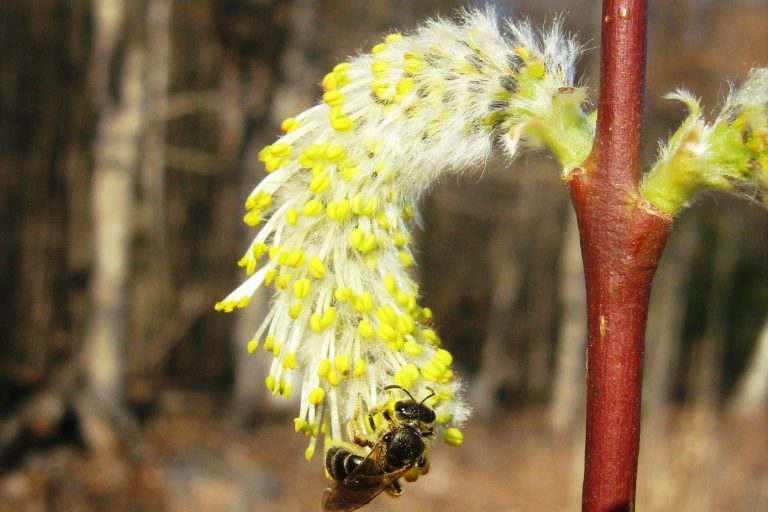
(July 19, 2023) – New research published in the journal Ecology explores why some species of bees specialize in visiting one type of plant over others.
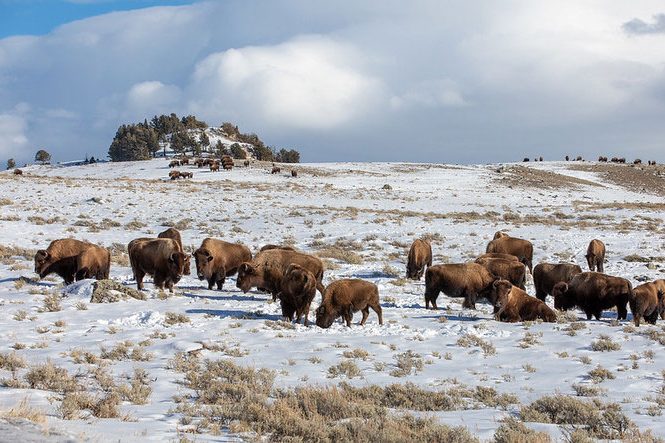
(July 18, 2023) – Wildlife ecology and conservation will feature prominently at ESA’s Annual Meeting in Portland, Ore., Aug. 6-11, with sessions on animal behavior, habitat restoration, pest management, natural history, and more.

(July 12, 2023) – Dozens of sessions at ESA’s upcoming Annual Meeting in Portland, Ore., Aug. 6-11, will feature research on the ecology of the Pacific Northwest and Cascadia Bioregion.
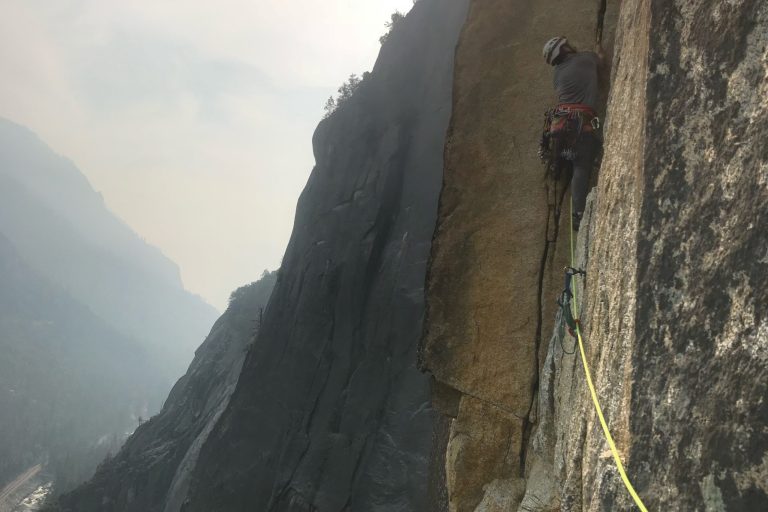
New research published in Ecosphere shows that smoke – even a lot of smoke – wasn’t enough to deter visitors to national parks between the years 1980 and 2019. National park attendance numbers held steady regardless of the presence of even a dramatic amount of wildfire smoke.